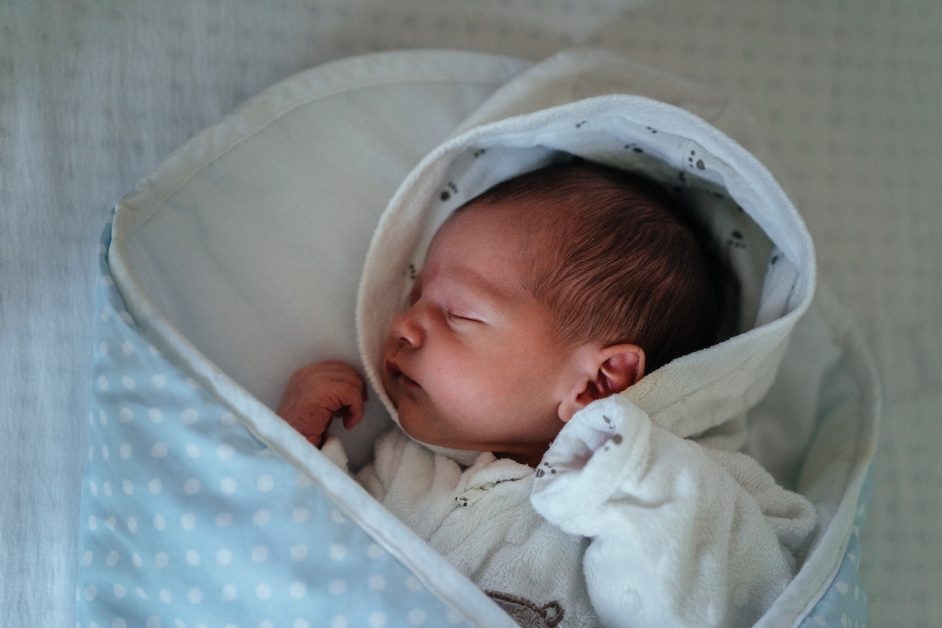Ah, baby sleep. Just when you thought you had your little one's sleeping routine down pat, they start having trouble sleeping again. What's going on? It might be the 12-month sleep regression. We talked to sleep expert Sarah Johnson to learn more about this stage of baby sleep.
What is the 12-month sleep regression?

If your little one is waking up more often or having trouble sleeping through the night at around 12 months old, they might be experiencing a sleep regression. Sleep regressions can happen at any age, but certain times are more common, and the 12-month mark is one of them.
What causes the 12-month sleep regression?

There are a few reasons why your baby might experience sleep regression at this age:
Transition to one nap: Your baby may be transitioning from two naps to one, which can cause issues with settling for naps and being overtired or not tired enough at bedtime.
Separation anxiety: At this age, your baby may become more aware of your absence and more anxious when you're not around.
Teething: Many babies start teething at this age, which can cause discomfort and disrupt their sleep.
Developmental milestones: As babies learn to walk, talk, and explore, they may become more active, which can interfere with their sleep.
How long does the 12-month sleep regression last?

The length of the regression depends on the cause. If it's due to a nap transition, it may only last a few days. If it's due to teething or illness, it may last as long as the condition persists. If it's due to separation anxiety or the need for sleep training, it may take longer to resolve.
How to handle the 12-month sleep regression?

Here are some tips for getting through the 12-month sleep regression:
- Stick to a consistent sleep schedule and bedtime routine.
- Make sure your baby is getting enough daytime sleep to prevent overtiredness.
- Offer comfort and reassurance when your baby wakes up at night, but avoid overstimulating them.
- Provide pain relief for teething discomfort, but avoid excessive use of medication.
- Teach your baby to self-settle to sleep by gradually reducing your involvement in their bedtime routine.
Remember, this is just a stage, and it will pass. Stay consistent and patient, and before you know it, your little one will be sleeping soundly once again.
Expert written

Sarah Johnson is a certified sleep consultant and founder of Baby Sleep Love. She provides individualized sleep support and coaching to families with babies and young children.
